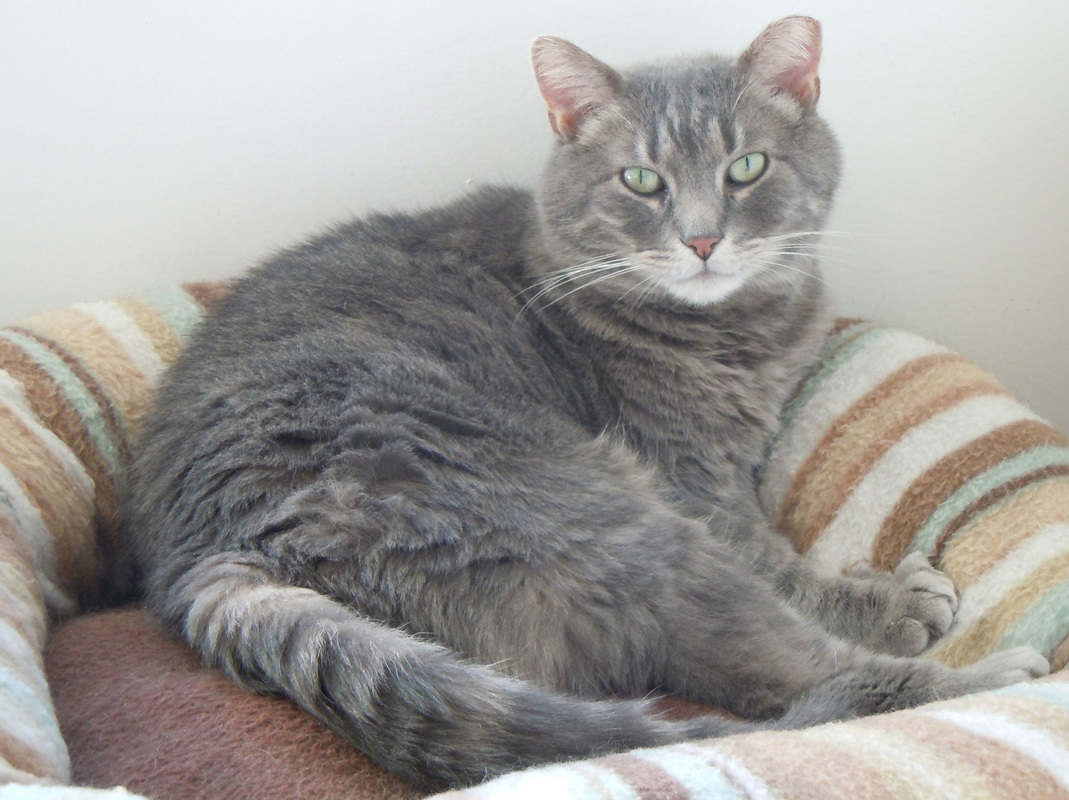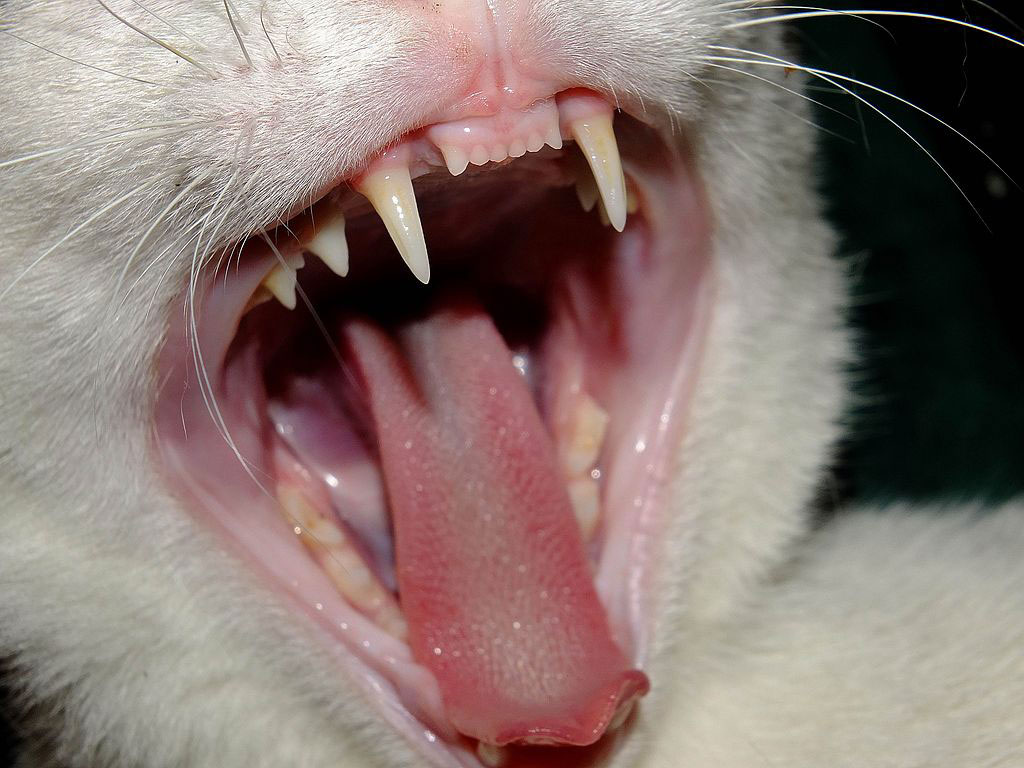|
Today cats are living longer than ever before, thanks to improved nutrition, advances in veterinary medicine and an increase in an indoor lifestyle. It’s no surprise to caretakers that cats are easily living into their teens and twenties. And yes some conditions are more common among senior cats, but not all cats experience the effects of aging and some show no changes at all. Just as humans age and we start the process of health screenings to check for particular conditions, it is important to schedule regular checkups for senior cats.
Vets recommend that cats around 7 or 8 years of age have a senior blood panel ran, which also includes a urinalysis, to check for certain conditions like diabetes, kidney disease, and hyperthyroidism. If your cat’s blood work does start to indicate any of these conditions, it is best to find them early so proper measures can be taken to address the issue, rather than finding such a condition in an advanced stage. Dental health is another concern for aging cats. Healthy teeth and gums are very important in maintaining the overall health of your cat. Infection in the mouth enters directly into the bloodstream and spreads throughout the body, so regularly scheduled teeth cleanings are vital. It’s also important to note that most cats tend to become less active, sleep more, and gain or lose weight as they age; however, these health and behavioral changes could indicate a serious underlying condition and should be mentioned to your vet and not simply chalked up to the natural aging process. Along with ensuring your cat has a healthy blood and urine report, it’s also important to speak to with a vet about your cat’s diet, so she is receiving the appropriate nutrition, coupled with plenty of water to help any kidney issues. And make sure your cat has easy access to her food and water bowls, as well as the litter box. Older cats can experience stiffening of the joints, arthritis, and incontinence, so make sure they can easily climb into the litter box – use boxes with low sides – and it’s a good idea to place a litter box on each floor of the house. Stiff joints and arthritis can make accessing favorite windowsills, chairs, or other sleeping spots difficult for older cats, so make sure to add ramps and pet stairs covered with carpet to provide secure footing and to prevent slips or falls. As your cat ages, here are a few other things to take into consideration:
For more detailed information on caring for elderly cats, including common health conditions and tips on creating a safer home for senior cats, click here.
1 Comment
Natty
8/14/2016 07:02:40 pm
The pic of the gray cat looks just like my cat named Ghosty
Reply
Leave a Reply. |
Details
AuthorAlley Cat Rescue is leading in the way in promoting humane and compassionate care for ALL cats. Archives
April 2024
Categories
All
|


 RSS Feed
RSS Feed